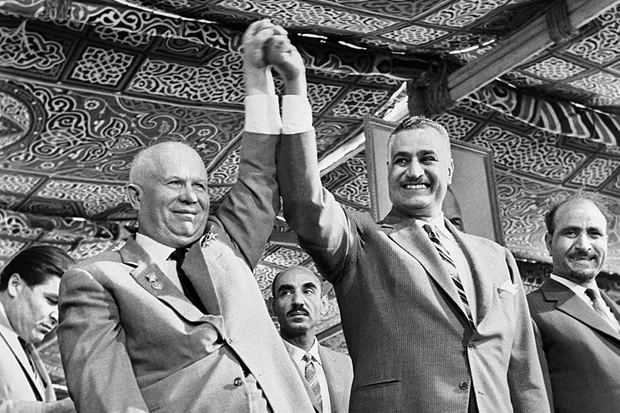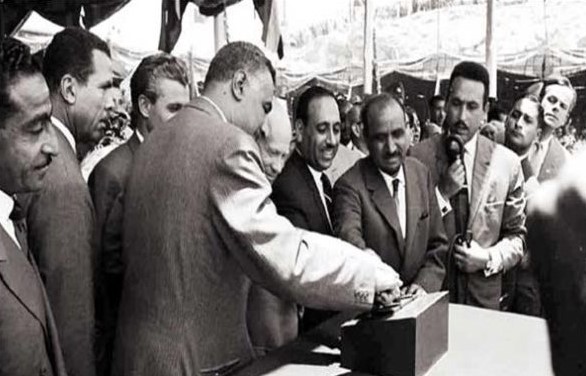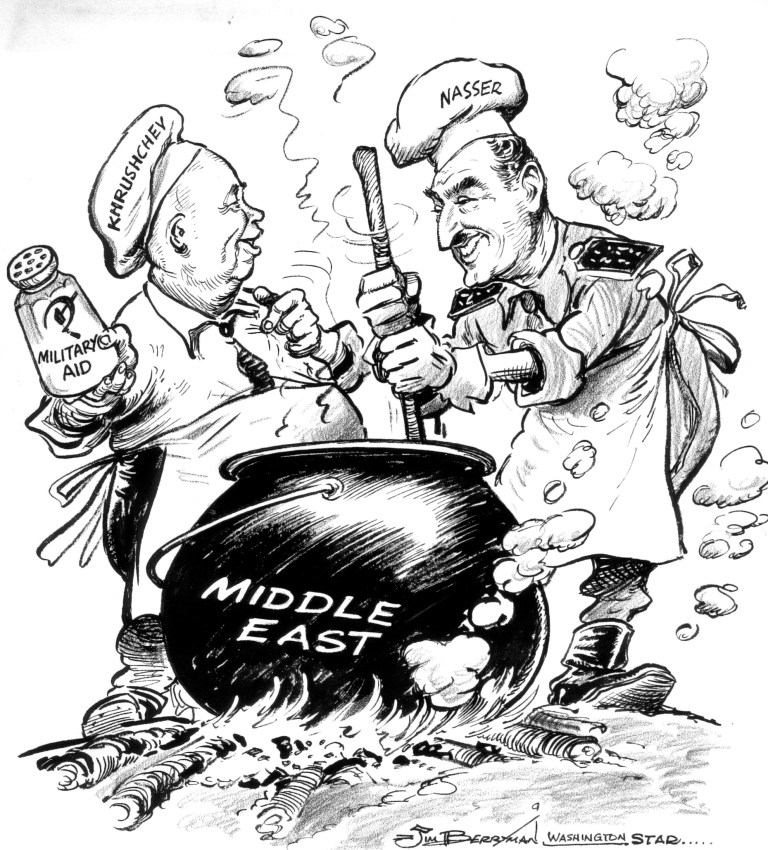Resolving the Suez Crisis:
Successful Debate & Diplomacy in the Cold War
USSR
Soviet Interference
Under Stalin, the Soviet Union was unwilling to stake credibility on unpredictable, developing nations. However, the USSR’s acquisition of nuclear weapons enabled them to further influence developing nations, undermining former world powers. Additionally, the Egyptian-Czechoslovak arms deal for 83 million dollars worth of weaponry led to other USSR involvement in Egyptian affairs, such as providing funds for the construction of the Aswan Dam.
Soviet Diplomatic Success
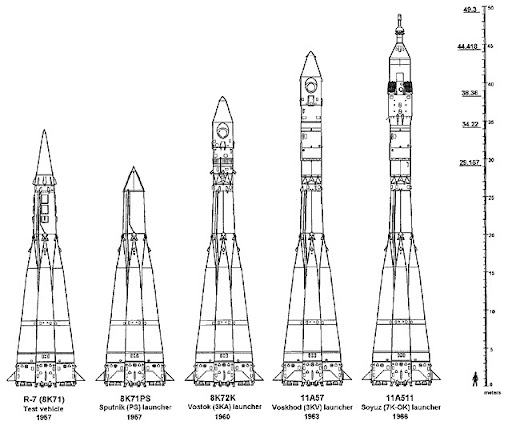
Semyorka, the world’s first Intercontinental Ballistic Missile and a part of Krushchev’s arsenal, source.
Concurrently with the UN debates, Khrushchev took advantage of WWIII fears by threatening to send Soviet troops into Egypt and boasting of his vast nuclear arsenal, successfully forcing invading troops to withdraw. In reality, the USSR was unlikely to intervene due to the Hungary uprising, and they exaggerated their nuclear prowess.
~ Robert Heinlein
Dr. Mercogliano: Successful Nuclear De-escalation
However, the USSR’s diplomacy in the UN, along with their threats of force, allowed for a successful intervention and further reinforced the Soviet Union’s increasing strength and position as a dominant world power.
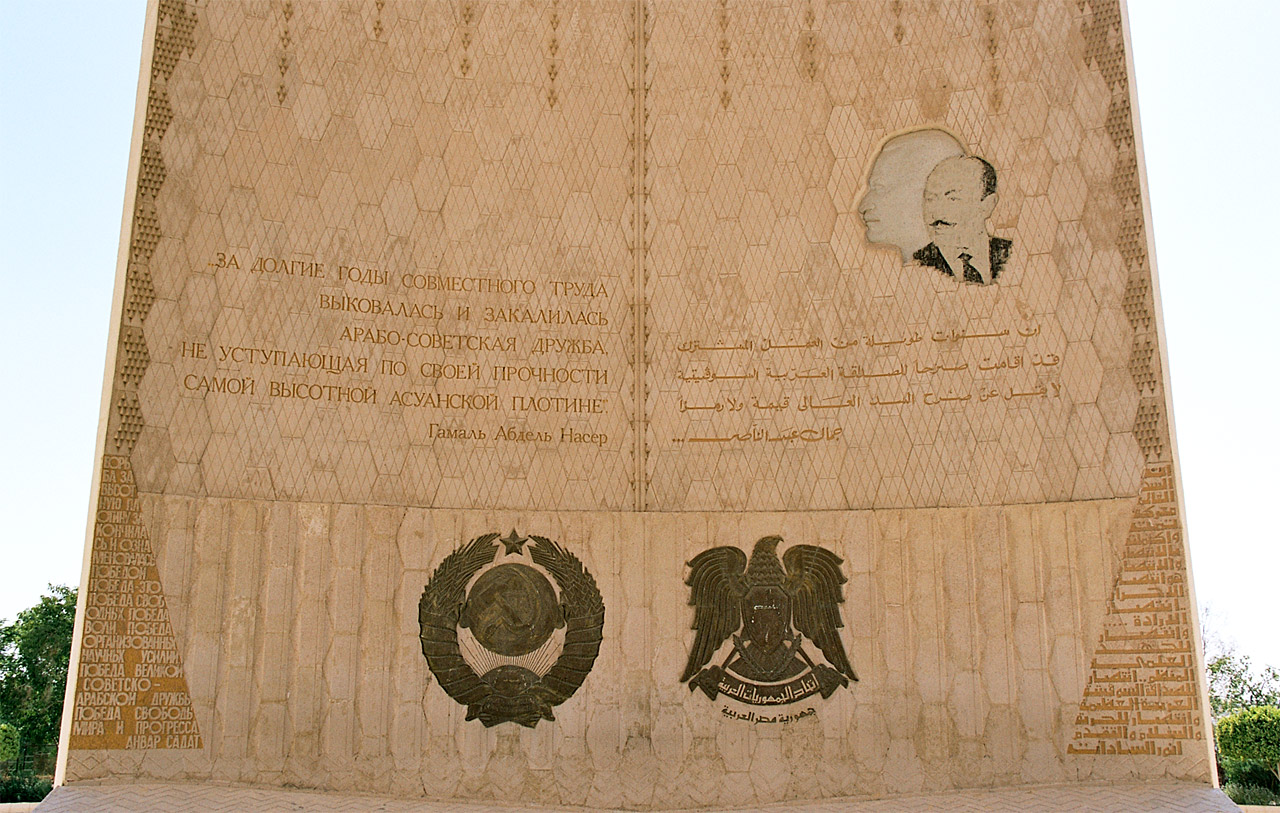
Memorial Located at the Aswan High Dam that commemorates Egypt-Soviet Friendship, Wikipedia.
